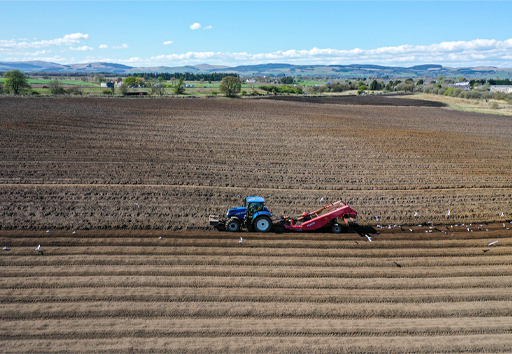1.4.2 Transformative learning and the climate crisis
One of the key functions of transformative learning is to foster deep engagement with, and reflection on, our taken-for-granted ways of viewing the world, resulting in fundamental shifts in how we see, act on and make meaning of the world around us. This can bring changes for both learners and their communities – ‘not just their ideas or knowledge, but also the practical, personal, and political aspects of how learning practices are organized’ (Jornet et al., 2021, p. 11).
This poses an ongoing challenge because it concerns fundamental questions about the purpose of education. To paraphrase Tasquier, Knain and Jornet (2022. p. 3), it concerns the quest for making education ‘a source and resource for deep change and transformation, as well as making it more relevant to current real-world challenges’. This includes attention to individuals and communities, their needs, values and beliefs but also attention to systems and structures, local circumstances and ‘matters of participation’ (Espinoza et al., 2020), in addition to encouraging cross-sector and transdisciplinary collaboration. At various points during this course, you’ll explore how each of these considerations can be addressed through teaching and learning across subjects and disciplines as a route to addressing the climate crisis.

